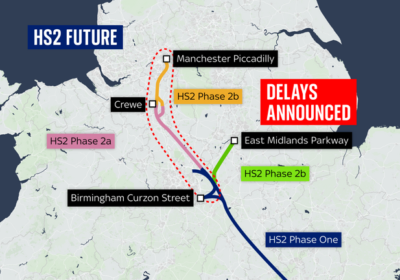This week I attended the Savills annual market update. It’s a good chance to get an informed health check on UK real estate and the wider UK economy. Rather than the doom and gloom diet presented by the majority of the national papers, trade bodies and some of the chattering classes, the underlying data presented by Savills indicates a relatively upbeat performance for the UK economy and real estate.
First of all, the UK remains the number one source of cross border investment. Five of the top ten destinations for foreign capital in 2018 were to the UK. London alone is streets ahead of comparable cities such as New York in terms of investment. It benefited from a whopping £26.9 bn alone last year. New York trails in second at 16.4 bn and the other European capitals are enjoying less than half of London’s volume.
Second, the commercial pipeline for London is strong, pre-lets – a sign of a healthy economy are at a robust level with only 10 months of supply available to meet the Capital’s needs. Vacancy levels remain low at 3.9% in the West End and 5% in the City and yields are the most attractive of all the major countries in EU.
Third, and turning to the macro, economic growth is predicted to be around 1.5% in the UK over 2019. This has been presented by some as a disappointing growth rate. However, 1.5% is exactly the same rate of growth that is predicted in France and Germany and it’s ahead of Italy. Whilst 1.5% growth is tepid when compared with historic rates, it is not conspicuously worse than other peer group economies in the developed world.
There are areas of concern of course. Residential prices are on a downward trajectory in much of London and the UK. However, from a buyer’s perspective, this is good news given the challenges first timers have faced over the last few years.
So what’s happening? There is clearly a disconnect with what is being written and said about Brexit and what the numbers are doing in the actual economy. The Savills view is that whilst Brexit creates uncertainty, we live in an uncertain world and in relative terms, it’s not that big a deal.
Some might of course point out that we haven’t actually left the EU yet. Perhaps the bite is yet to happen? Others may say that the market has got it wrong. The market is still pricing in a deal. A no deal situation maybe where the problems really start but no one in the business of investment and forecasting considers this to be conceivable.
So, follow the money if you want to understand what’s really going on and perhaps avoid the national newspapers for the time being!






